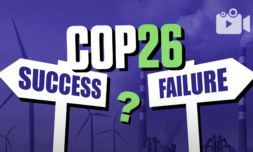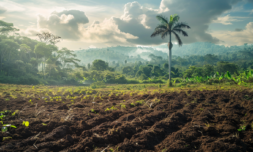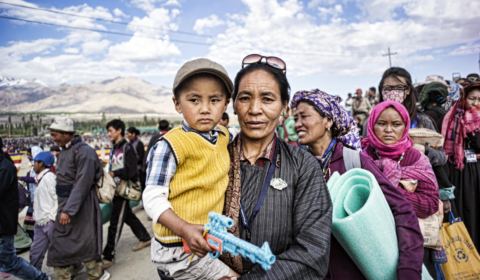Policymakers and climate experts have convened in the Ivory Coast for the 15th session of a UN summit. Sharing the name of annual sustainability conference COP, this meeting focuses specifically on protecting land against infertility and degradation.
As you’re reading this, policymakers and climate experts are convening in the economic capital of the Ivory Coast, Abidjan, for day two to discuss global action on land issues.
Headed up by the UN, this is the 15th session of the Conference of the Parties (COP15) officially called the United Nations Convention to Combat Desertification.
Unlike its global namesake summit, which took place in Glasgow last November, there will be no G7 presidents flying in or celebrity activists taking the stage. Instead, a smaller scale of international policymaking, scientific presentations, and civil society action will take place within the Sofitel Abidjan Hotel Ivoire.
In principle, what COP26 was (in theory) for legislation on air quality and the climate, COP15 strives to be for land protection and restoration.
Around 2,000 attendees are expected over the next two weeks, with the majority of ministers and key delegates hailing from African countries.
They will discuss all manner of land issues from soil degradation and deforestation, to biodiversity loss and forced migration – and hopefully get some ways towards improving the overall picture for each with funding, policy, and support.
As it stands, within the host nation, 92% of primary forests have been lost since it gained independence in 1960 and almost 60% of all crop-growing land is affected by soil degradation.




















